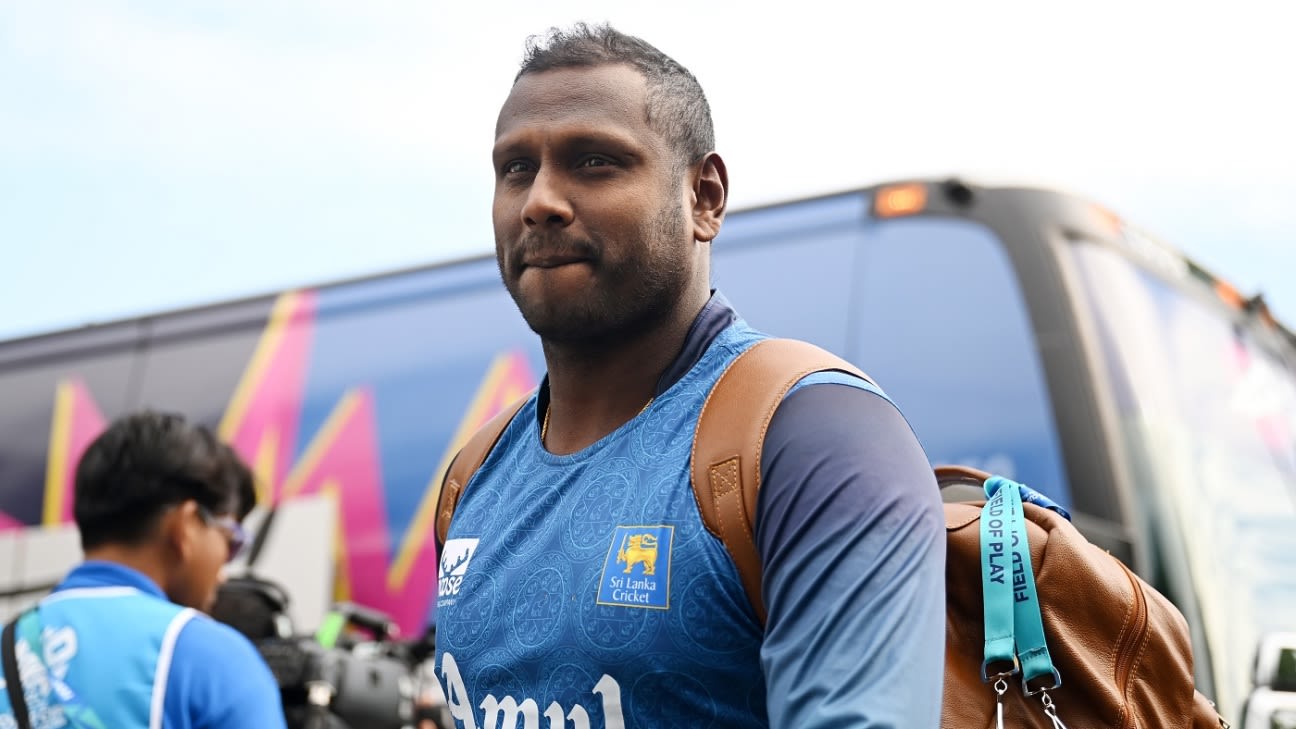Does the tournament schedule really give some teams a competitive advantage over others? Here’s a deep dive
Sidharth Monga
After Sri Lanka had a disrupted start to their tournament thanks to a delayed flight that kept them in the airport all night followed by long drives to the ground in New York – their opponents South Africa stayed minutes from the ground – the schedule for the T20 World Cup 2024 has come under the scanner. Does the schedule really give some teams a competitive advantage over others? We look at some important criteria.
Warm-up match and first match
Where you warm up and where you play is important because this is a short, sharp tournament, and you want to be settled, rested and used to conditions for your first match. Especially in Groups C and D, which are the groups of death. This is all the more important for those playing in New York and the rest of the USA because the conditions are completely unknown.
Sri Lanka played their warm-up games in Lauderhill before going to New York for their first match against South Africa in a group of death. They get back to the familiar surroundings of Florida only for their third match.
At the other end of the scale are Canada, India, Nepal and USA, who were settled in a place, played a warm-up match there and then started their tournament there.
In the middle of the scale are Bangladesh and Netherlands, who did a bit of travel but also played a warm-up match at the venue where they began the tournament. The other teams either didn’t play warm-ups or travelled within the Caribbean.
Travel in the first round
India, New Zealand and South Africa enjoy a great schedule, getting to play three successive matches at one venue. England, Ireland, Namibia, Oman and PNG only go to two venues each.
Sri Lanka suffer again. Apart from Netherlands, they are the only team that travels for every match in the first round.
Super Eights
All teams play matches every alternate day but again some teams travel, some teams don’t, and some teams get convenient timings while some don’t. Assuming the top two pre-tournament seeds from each group qualify, Australia, India and West Indies play all their Super Eights at different venues. The others get to play two matches at the same venue.
India and West Indies are the only teams that play all their matches at the same time of day. All of India’s matches are in the morning, while West Indies play theirs at night. England will play one night match in St Lucia, and be back there for another match in a matter of 30 hours or so. Pakistan will do the same in Barbados. Fortunately, no team will play a morning match immediately after a night match and have to travel for it.
Semi-finals
If they qualify, India have the advantage of knowing their game is in Guyana, but they will not have been to Guyana at all before their semi-final. They will also be the only team to not play a night game in the entire tournament should they go all the way to the final.
Amount of travel
It all comes down to how much you are having to travel in this short, sharp tournament. Not counting the one that brought them to their first resting spot in either the USA or the West Indies, this is the number of flights the teams are taking.
A word of caution here. The participating teams are given an opportunity to give feedback and raise any major concerns before the schedules are finalised. So a part of the blame should also lie at the door of the teams. Perhaps there were some that got their concerns addressed?
That said, even while we appreciate the privilege of being a professional sports team and earning good money to build a good life, this is not at all about that. This is about competitive advantages and disadvantages. And teams are bound to look at how other teams go on that front.
When they played South Africa, a bleary-eyed Sri Lanka woke up at 5.30am, started loading their bus at 6.30am, travelled an hour and a half to get to the ground, and only had their breakfast at the ground. That same afternoon, they drove back into the city, packed up, checked out, and were ready for a 6pm flight. Their opponents, South Africa, had been in New York for a week, travelled 14 minutes to the ground, and will stay put for two matches.
Sri Lanka and Bangladesh are bound to make their comparisons when they make their frequent flights.
Sidharth Monga is a senior writer at ESPNcricinfo

